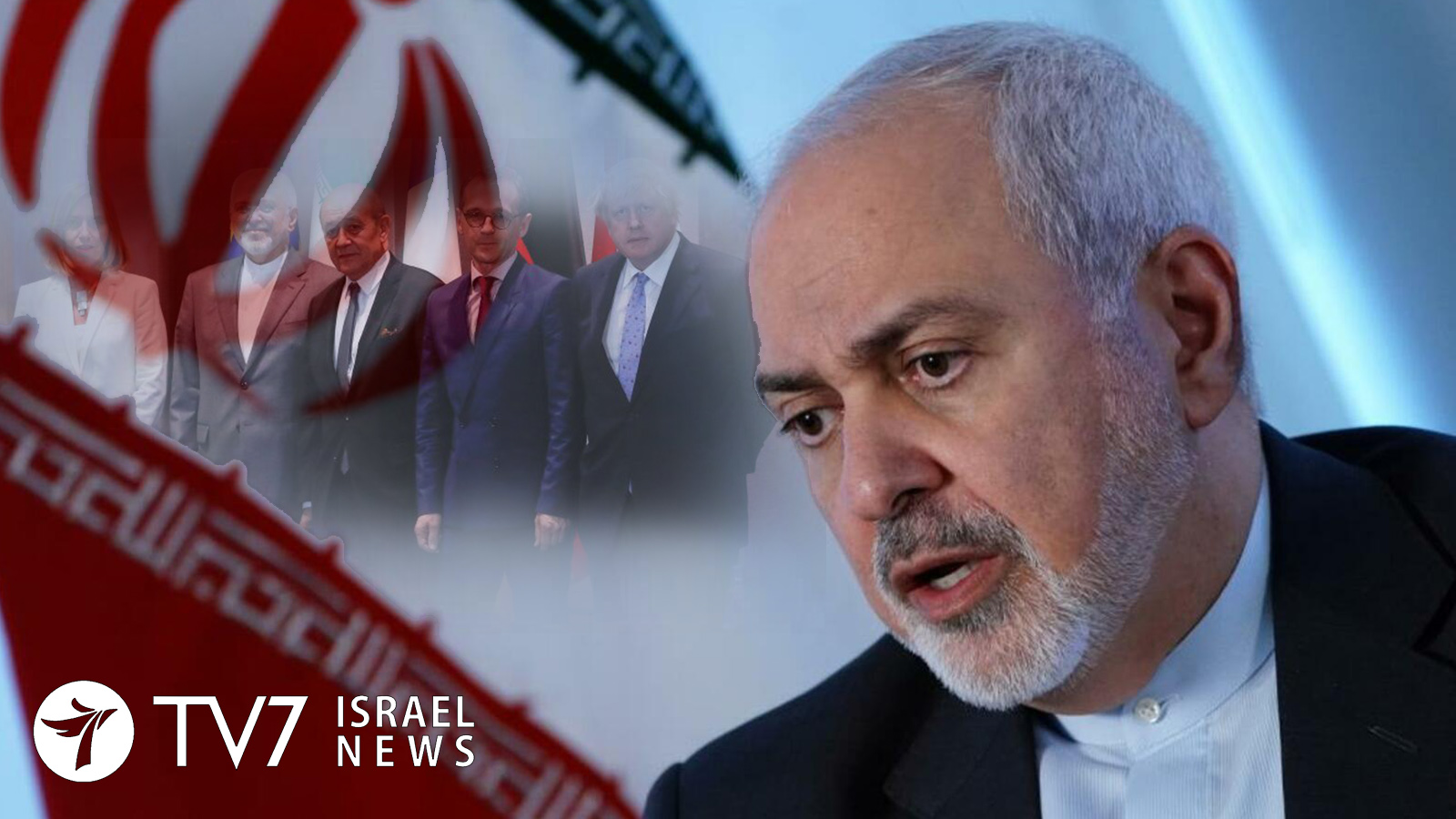Iranian Foreign Minister Mohammad Javad Zarif insisted that the Islamic Republic will preserve the Joint Comprehensive Plan of action, which is the technical term for the 2015 multilateral nuclear agreement, if Europe follows through on its pledge to bypass the crippling economic sanctions that were imposed by Washington on Tehran.
In a joint press conference with Russian Foreign Minister Sergei Lavrov, the Iranian top diplomat claimed that despite the announced scale-back from Tehran’s obligations to the nuclear deal, it would reconsider its actions if the Islamic Republic’s interests are secured. According to Zarif: “Islamic Republic of Iran within the last year – despite all the measures taken by the U.S. – have been committed to its obligations according to JCPOA” / “Now there is a very short period of time for remaining JCPOA participants, especially European countries that have made obligations – obligations that their foreign ministers said in the month of June, in the month of September – to have met these obligations. If these expectations are met we will guarantee the continuation of JCPOA.”
Minister Lavrov took the opportunity to condemn the United States for making it increasingly difficult for the international community to fulfill their pledged obligations toward the Islamic Republic, alluding to growing skepticism in Moscow of Europe’s ability to bypass the punitive American measures.” Of course the situation caused by the United States creates major difficulties both for the fulfilment of the deal participants’ obligations to the Islamic Republic of Iran and for the non-proliferation regime in general.” / “We expect our colleagues, first of all European ones who volunteered to find a solution to the problem created by the Americans, to fulfil their obligations, ” the Russian Foreign Minister said.
With regard to the American demand that Iran scale back its aggressive involvement in the Middle East in general, and Syria in Particular; Moscow’s top diplomat insisted that this demand is unrealistic, and as such, cannot be considered as “a serious policy.” He said: “We regularly hear the declarations by the United States on the necessity to stop any Iranian influence not only in Syria but also in the region. It is obvious to everyone that this is unrealistic and cannot be considered a serious policy.”
Minister Lavrov also referred to the U.S. announcement of its intension to deploy additional forces to the Persian Gulf. Lavrov noted that he urged U.S. Secretary of State Mike Pompeo – during a meeting they held in Finland earlier this week – to avoid the unnecessary use of force; yet stopped short from addressing Washington’s concerns about activities undertaken by Iran that indicates a possible “escalation.”
Meanwhile in the United States;
The Chairman of the Joint Chiefs of Staff, General Joseph Dunford, insisted that the deployment of the additional forces to the region, including the aircraft carrier USS Abraham Lincoln and its strike group, as well as a bomber task force, aimed to deter the Islamic Republic, rather than escalate the already-tense situation. According to General Joseph Dunford: “I just want you know, our focus over the weekend was to deter — you know, we saw the intelligence and so we sent some messages on Friday to make sure that it was clear to Iran that we recognized the threat and we were postured to respond to the threat. And then what I asked the Secretary for on Sunday —eventually Lincoln would have made its way to the Gulf— what I asked really was to accelerate the movement of Lincoln and the bomber task force so that there would be no ambiguity about our preparedness to respond to any threat against our people or our partners in the region. ”
It is interesting to note that the intelligence behind the American decision to deploy additional forces to the region was made after an Israeli delegation to the White House, led by National Security Council head Meir Ben-Shabbat two weeks ago, conveyed intelligence information to their American counterparts, which provided proof of Iranian intensions to escalate the situation. According to American media reports, the information that was provided by Israel indicated an imminent attack, in which ‘the Islamic Revolutionary Guards Cops is transporting short-range ballistic missiles aboard vessels in the Persian Gulf, with the aim of targeting U.S. interests.’
